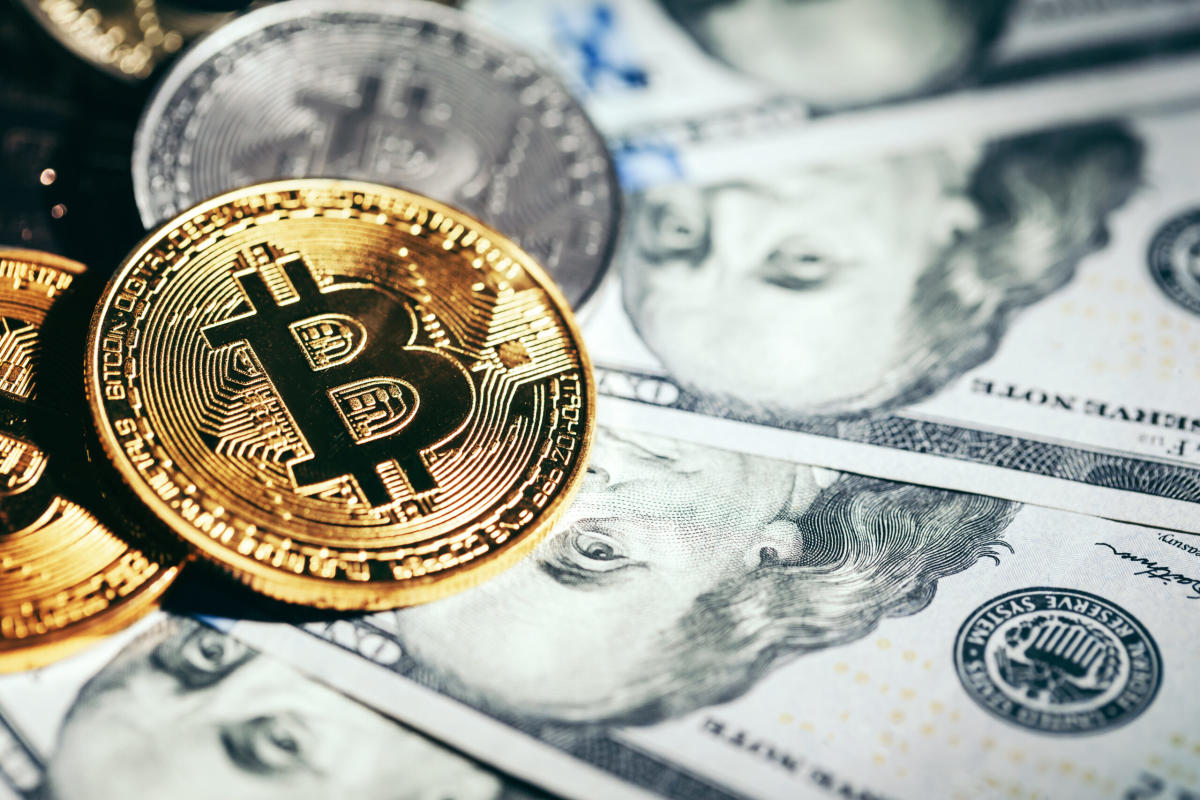
Bitcoin and Ether were both trading up in Thursday morning trading in Asia as the U.S. Federal Reserve released meeting minutes on Wednesday suggesting that it is looking to slow the rate of interest rate increases as the threat of recession grows. All other top 10 cryptocurrencies by market capitalization, excluding stablecoins, also rose, with Solana and Litecoin posting the biggest gains.
See related article: Who is exposed to FTX? A running compilation on a rapidly moving target
Fast facts
-
Bitcoin rose 2.5% to US$16,611 in the 24 hours to 8 a.m. in Hong Kong, while Ether gained 4.2% to change hands at US$1,183, according to CoinMarketCap.
-
Solana rose 15.2% to US$14.34 in a reversal of a few days of steady losses, as the once fourth-ranked cryptocurrency by market cap was one of the hardest hit by the collapse of FTX as sister firm Alameda Research held large quantities of the token in its reserves. The token is still down 56% since the start of the month.
-
Litecoin continued its price run, gaining 12.1% to trade at US$7.98, marking gains of 37.7% for the past seven days. Litecoin’s recent success may be attributable to investors turning to stability in a volatile market.
-
BNB, the native token crypto exchange Binance Global Inc.’s own blockchain, BSC, also rose 12% to US$298.42 in the highest price it has reached since just after FTX declared bankruptcy. Binance chief executive officer Changpeng Zhao played a central role in FTX’s collapse, as in early November he announced Binance was liquidating its positions in FTX’s native token, FTT, which contributed to a bank run on the token.
-
U.S. equities rose following the release of November’s meeting minutes. The Dow Jones Industrial Average rose 0.3%, the S&P 500 Index gained 0.6% and the Nasdaq Composite Index rose 1%.
-
According to the minutes, Fed officials agreed they would soon begin decreasing the speed of interest rate rises amid concerns of a growing threat of a recession. The officials said slowing this pace would give them time to evaluate the effect the past few months of interest rate rises have already had on the economy, as these take some time to significantly impact the economy.
-
The Fed has been raising interest rates since March this year to try to slow inflation, raising them from near zero to a 15-year high of 3.75% to 4%. The Fed has signaled that it will continue to raise rates until inflation reaches a target range of 2%.
-
Officials said that the ultimate interest rate is higher than what they had anticipated, with recent statements indicating they could end up exceeding 5%. They also said they see few signs of inflation abating, though the consumer price index showed inflation was running at 7.7% in October, down from 8.2% in September.
-
See related article: BNB Chain back online after around $100 mln lost in possible exploit
